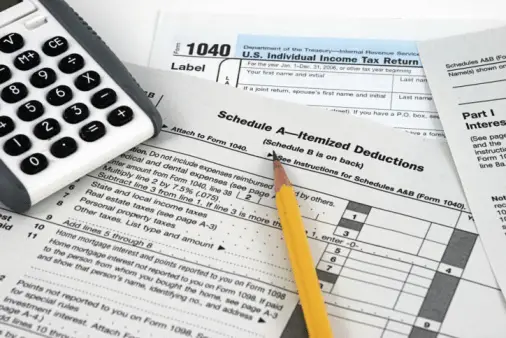Are you ready to navigate D.C. lease agreements? Get ready to dive into the essential information you need to know as a tenant.
From required disclosures to fair housing protections, credit reports to criminal histories, we’ve got you covered.
By the end of this article, you’ll be equipped with the knowledge to make informed decisions and protect your rights.
Let’s get started on your journey of navigating D.C. lease agreements.
Required Disclosures
Before signing a lease agreement in D.C., make sure that your landlord provides you with the required disclosures. When entering into a Washington DC lease agreement, it’s important that you receive all the necessary information from your landlord. This includes disclosures about lead-based paint, pending petitions, surcharges, rent increases, and the rent control status.
It’s crucial to be aware of these details before committing to a lease. Additionally, you should know that D.C. law adds several protected classes beyond those protected under federal law, such as sexual orientation, gender identity or expression, marital status, personal appearance, age, and source of income. Your landlord should provide you with written notice about tenant screening criteria, denial criteria, and the right to dispute inaccurate information. They should also disclose the name and contact information of the reporting agency if they use a credit or consumer report.
Fair Housing Protections
Ensure compliance with fair housing laws when navigating your DC lease agreement.
It’s important to understand that federal law prohibits discrimination based on race, color, religion, gender, national origin, familial status, and disability. In addition, D.C. law adds more protected classes, including sexual orientation, gender identity or expression, marital status, personal appearance, age, and source of income.
As a landlord, you must provide written notice to prospective tenants about tenant screening criteria and denial criteria. It’s also your responsibility to inform them about the number of available units, response time to applications, and their right to dispute inaccurate information.
Remember to refund the application fee if you fail to conduct a tenant screening report and provide a written notice to denied applicants, including the grounds for denial and the right to dispute the accuracy of information.
Stay compliant with fair housing laws to ensure a fair and inclusive rental process.
Credit Reports
When applying for a lease agreement or looking into a DC lease agreement pdf, landlords must disclose the name and contact information of the reporting agency if they use a credit or consumer report. This means that they’ve to let you know which agency they’ll be using to obtain your credit information.
It’s important for you to know this information because it allows you to verify the accuracy of the report and address any potential issues.
Landlords aren’t allowed to reject applicants solely based on their credit score, but they can consider relevant information within the credit report.
Additionally, D.C. landlords must comply with the federal Fair Credit Reporting Act (FCRA), which provides certain protections for tenants. If your credit score or history was the reason for denial, the landlord must notify you of this.
Criminal Histories
Landlords in D.C. can use criminal background checks during tenant screening, but with certain restrictions. They aren’t allowed to inquire about or consider arrests that didn’t result in conviction. Only pending criminal accusations or convictions within the past seven years for specific crimes can be taken into account.
After making a conditional offer, landlords can inquire about these criminal histories. However, they must provide a written statement disclosing the eligibility criteria and the right for tenants to provide evidence suggesting inaccuracies in their criminal record.
It’s important for landlords to follow the recommendations from the U.S. Department of Housing and Urban Development (HUD) to ensure fair use of criminal background checks. By adhering to these rules, landlords can maintain a balance between tenant screening and respecting the rights of individuals with criminal histories.
Entry
To ensure your privacy and security as a tenant, it’s important for your landlord to give you 48 hours’ advance notice before entering your rental unit. This notice is required by law and allows you to prepare for the entry and make any necessary arrangements.
Entry is only permitted at reasonable times for inspections, repairs, showings, and other specified reasons. However, in case of emergencies, landlords are allowed to enter without advance notice or consent.
It’s important for landlords to respect your right to privacy and provide proper notice before entering your rental unit. By following these guidelines, both you and your landlord can maintain a positive and respectful landlord-tenant relationship.
Conclusion
In conclusion, understanding your rights and responsibilities as a tenant in Washington D.C. is crucial when navigating lease agreements. By being aware of the required disclosures, fair housing protections, credit report obligations, and entry requirements, you can make informed decisions and protect your rights.
Empower yourself with knowledge to ensure a smooth and fair rental experience in D.C.
